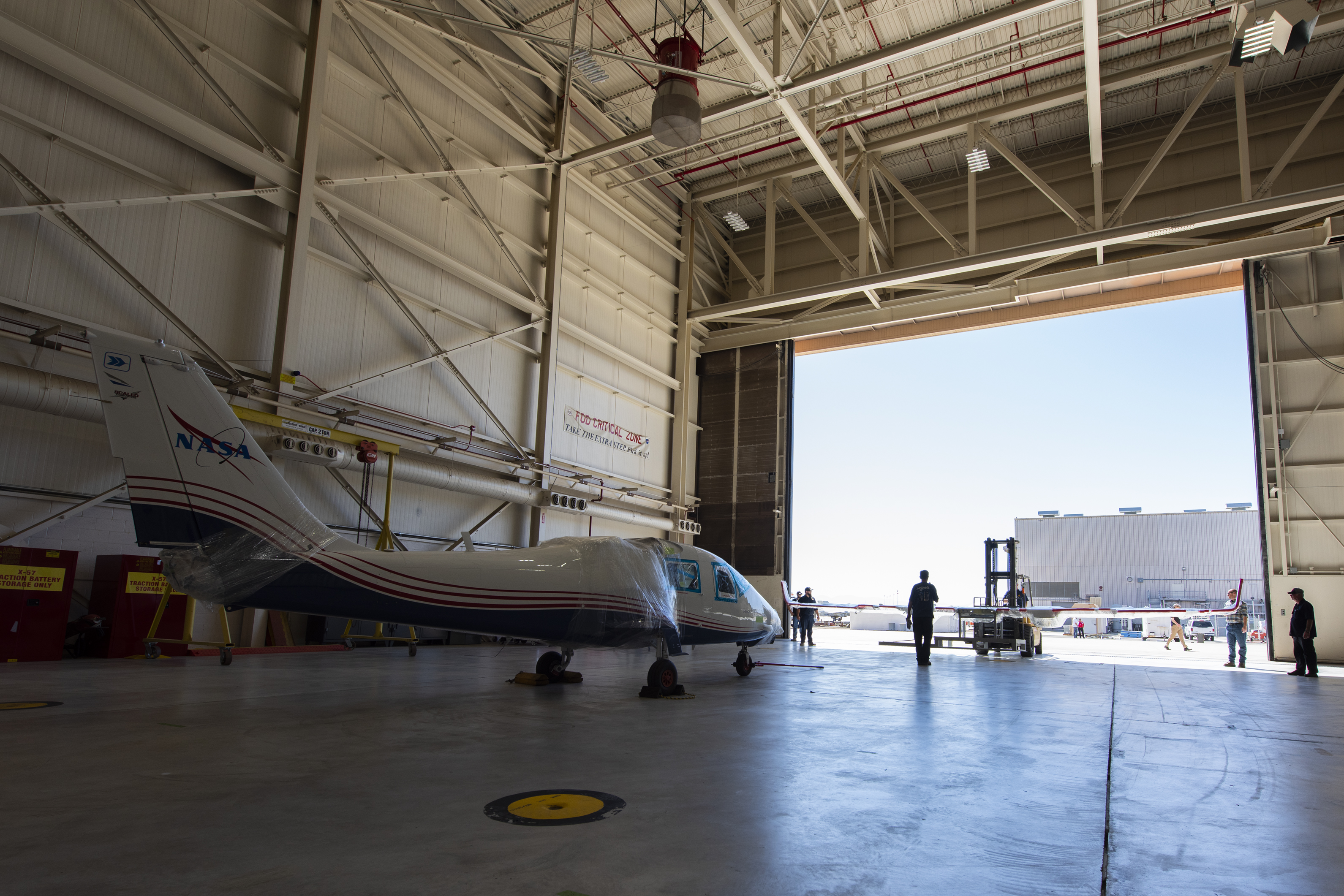
Cars aren’t the only type of transportation going electric in the name of the environment: NASA has been working on an experimental electric plane, the Maxwell X-57, and showed off an early version of the plane on Friday, Reuters reported, in addition to a new simulator for pilots to experience what it will be like to control the Maxwell in flight. The space agency received the plane last month from Empirical Systems Aerospace of San Luis Obispo, California.

Located in NASA’s Armstrong Flight Research Center in Edwards, California, the experimental aircraft is in the first of three configurations, called Modification II or Mod II. This version replaces a traditional combustion engine with electric cruise motors that are potentially quieter and more efficient, as well as being better for the environment.
In the future, the plane will go through new iterations called Mods III and IV. These phases are currently in testing and feature components such as a high-aspect-ratio wing, which is undergoing loads testing at NASA Armstrong’s Flight Loads Laboratory.
“We’re focusing on things that can help the whole industry”
NASA aims to create technology that can be adopted by commercial manufacturers to make the whole aviation industry more environmentally friendly and efficient. The biggest limitation on the Maxwell as it stands is the capacity of the batteries, which means the plane can be used only for short-haul flights. Still, the electric motor system is more compact, lighter, and easier to maintain than traditional engines. It also makes less noise.
The plane is due to undergo more tests before transitioning to the Mod III and IV phases.



